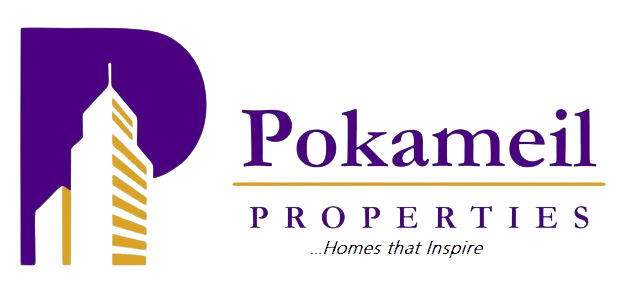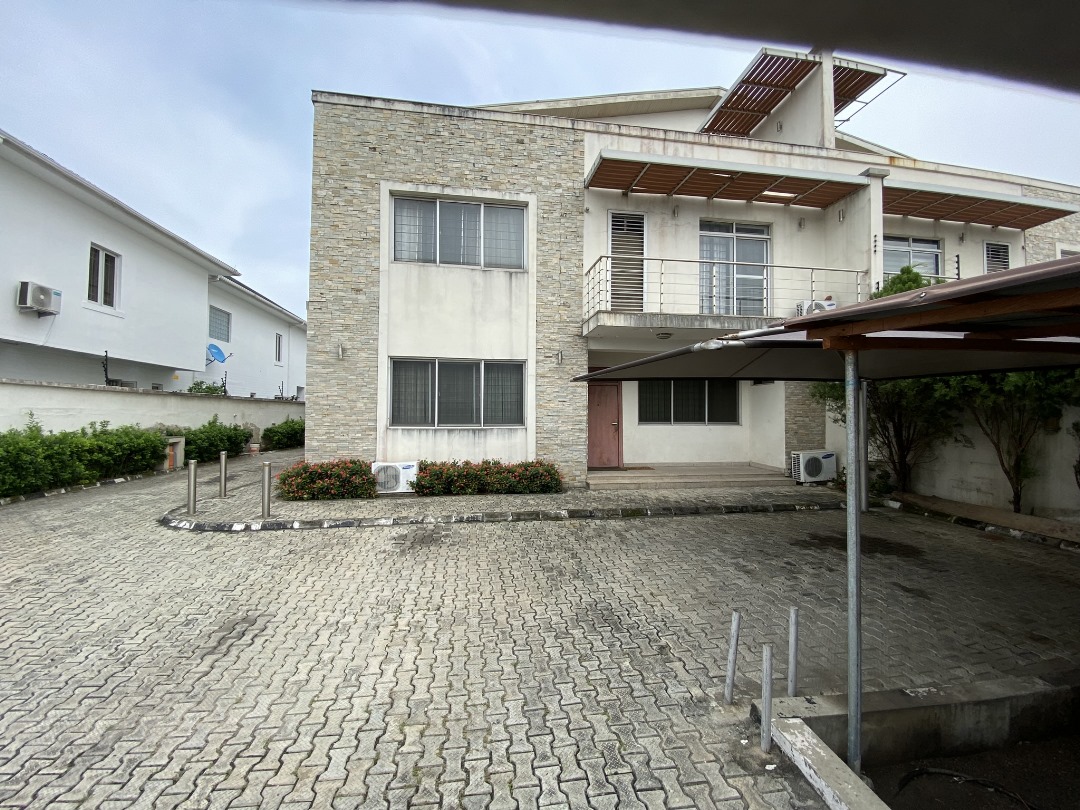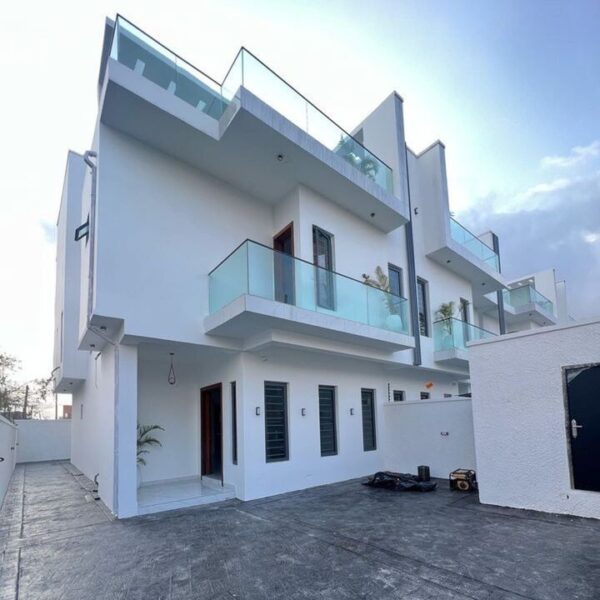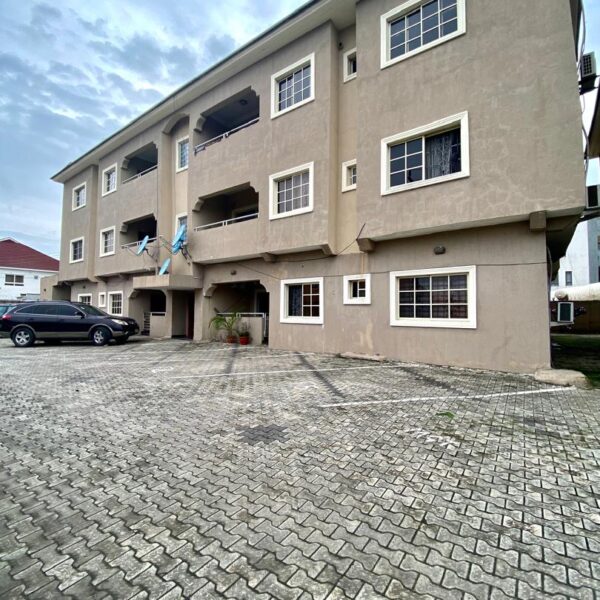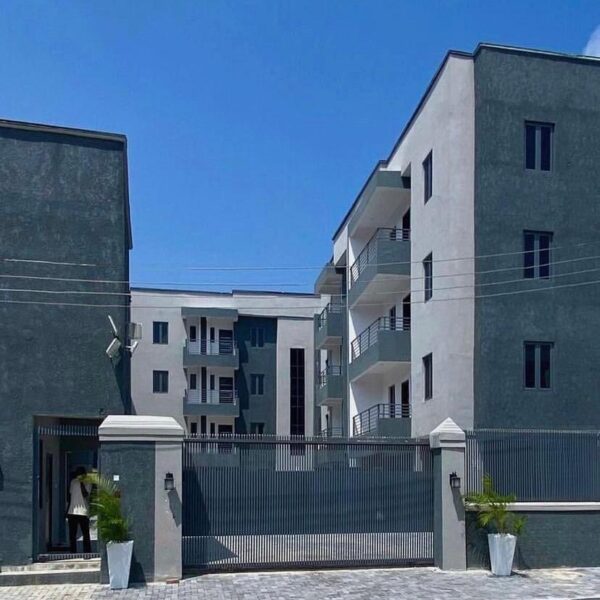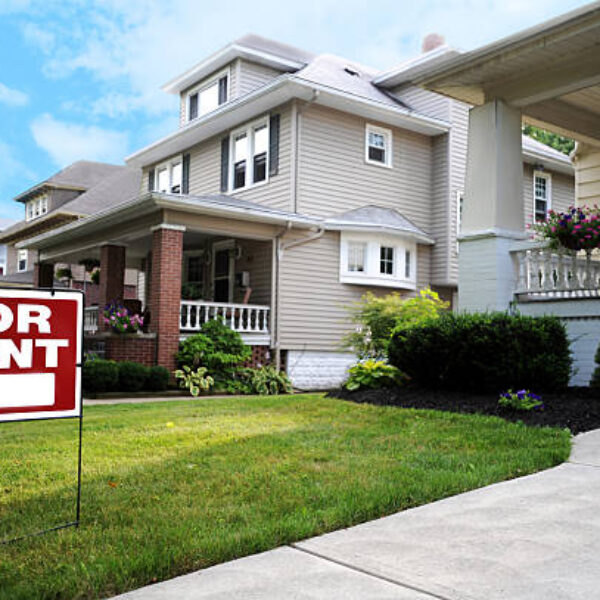RENTING VS OWNING A HOME: WHICH IS BETTER FOR YOU?
When it comes to deciding whether to rent or own a home, there’s no one-size-fits-all answer. Both options have their pros and cons, and the right choice depends on your individual circumstances, financial situation, and future plans. In this post, we’ll explore the key benefits and drawbacks of renting and owning to help you make an informed decision.
– Renting a Home
Advantages of Renting:
1. Flexibility:
Renting offers unmatched flexibility. If you’re the type who loves to explore new cities or frequently relocates for work, renting allows you to move with ease. You’re not tied down by a mortgage or the complexities of selling a home.
2. Lower Upfront Costs:
One of the biggest perks of renting is the lower initial financial burden. You typically need a security deposit and the first and last month’s rent to move in, which is significantly less than a home down payment.
3. Maintenance-Free Living:
When you rent, maintenance and repair costs are usually covered by your landlord. This means you won’t have to worry about unexpected expenses like a broken furnace or leaky roof.
4. Predictable Expenses:
Rent is generally a fixed monthly expense, making it easier to budget. While rent can increase, it often does so on a predictable annual basis.
Disadvantages of Renting:
1. No Equity Building:
Rent payments do not contribute to building equity. Essentially, you’re paying for the use of the property without gaining any ownership stake.
2. Potential Rent Increases:
Landlords can increase rent, sometimes significantly, depending on market conditions and lease agreements.
3. Limited Control Over the Property:
As a renter, your ability to personalize or modify your living space is limited. Major changes usually require landlord approval.
4. Instability:
Your landlord may decide to sell the property or not renew your lease, which can lead to an unexpected move.
– Owning a Home
Advantages of Owning:
1. Equity Building:
Each mortgage payment helps build equity in your home, contributing to your net worth. Over time, you could potentially see a return on your investment.
2. Stability:
Homeownership provides stability. With a fixed-rate mortgage, your monthly payments remain consistent, and you have the assurance that you won’t be asked to leave.
3. Freedom to Customize:
When you own a home, you have the freedom to renovate, decorate, and make changes to suit your preferences. This can create a more personalized and comfortable living environment.
4. Investment Potential:
Real estate can appreciate over time, potentially offering financial gains. Owning a home can also provide tax benefits, such as deductions on mortgage interest and property taxes.
Disadvantages of Owning:
1. High Upfront Costs:
Buying a home requires a substantial upfront investment, including a down payment and closing costs. These initial expenses can be a barrier for many.
2. Maintenance and Repairs:
As a homeowner, you are responsible for all maintenance and repairs, which can be costly and time-consuming.
3. Less Flexibility:
Selling a home and moving can be a complex and lengthy process. Homeownership may not be ideal if you anticipate frequent relocations.
4. Market Risk:
Real estate markets can fluctuate. There’s always a risk that your property could decrease in value, leading to potential financial loss.
Personal Factors to Consider
– Financial Situation:
Assess your savings, income stability, and ability to afford monthly mortgage payments and maintenance costs.
– Career Stability:
Consider the stability of your job and whether you may need to move for work in the near future.
– Long-Term Plans:
Think about your long-term goals. Do you plan to stay in one place for several years, or do you prefer the freedom to move as opportunities arise?
– Lifestyle Preferences:
Evaluate your lifestyle and preferences. Do you enjoy the idea of customizing your home, or do you prefer the convenience of a maintenance-free rental?
Conclusion
Both renting and owning a home come with their own sets of benefits and challenges. Renting offers flexibility and lower upfront costs, making it ideal for those who prioritize mobility and lower financial commitments. On the other hand, owning a home can be a good investment, offering stability and the opportunity to build equity, but it requires a significant initial investment and ongoing maintenance.
Ultimately, the decision depends on your personal circumstances and long-term goals. By carefully weighing the pros and cons of each option, you can make a choice that best suits your lifestyle and financial situation.
